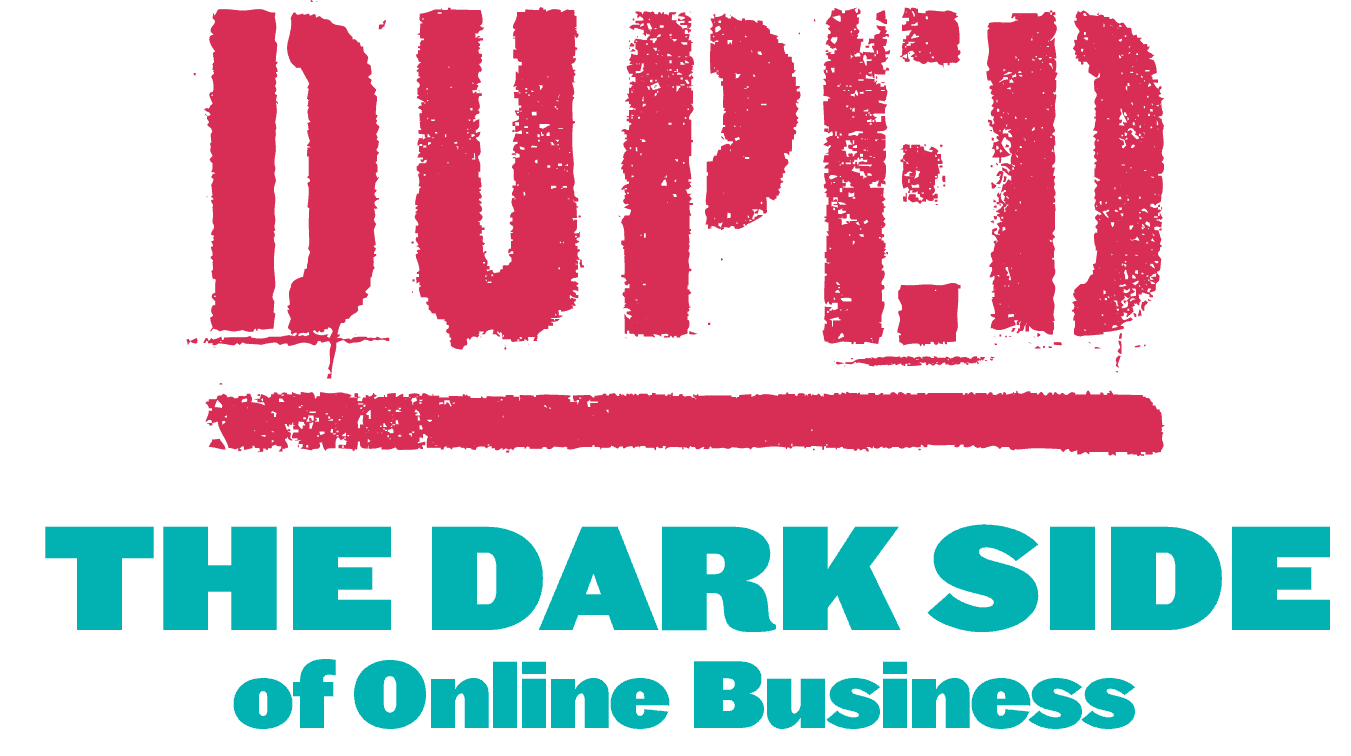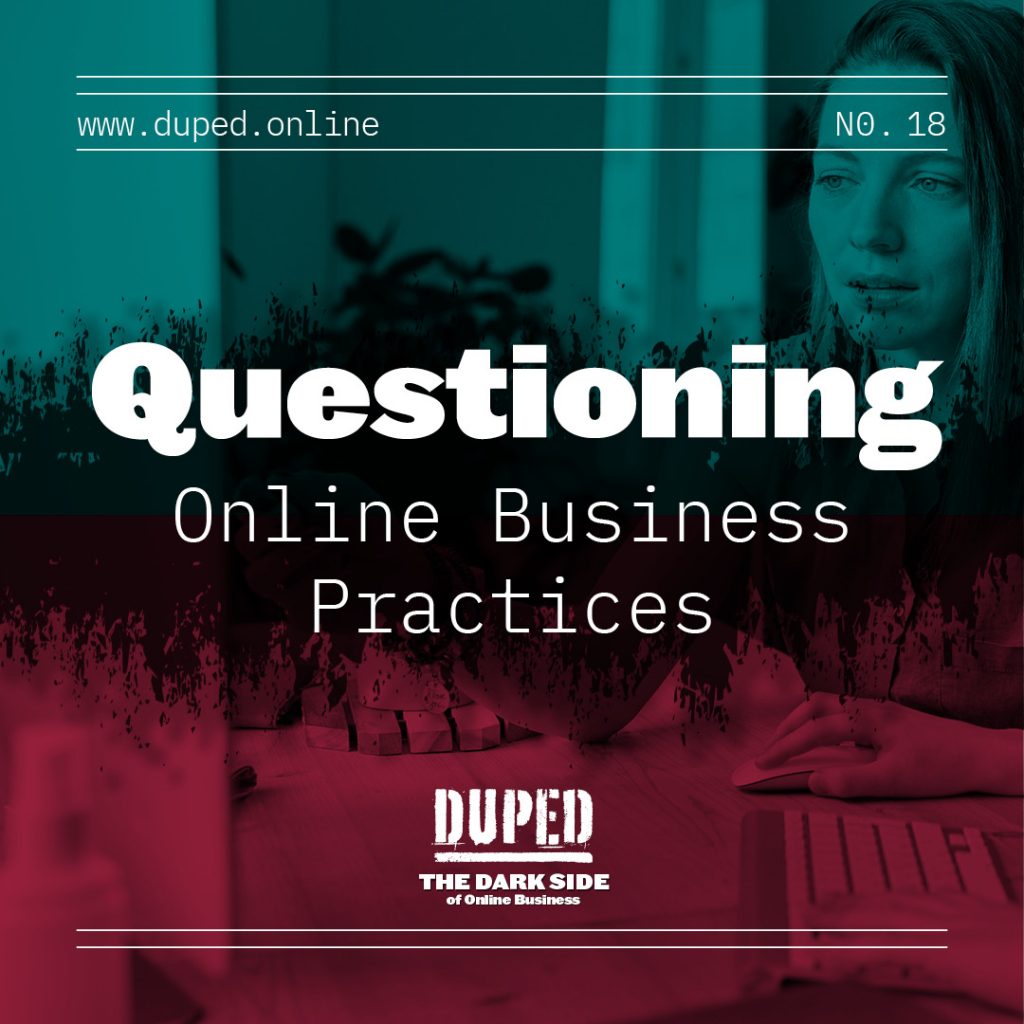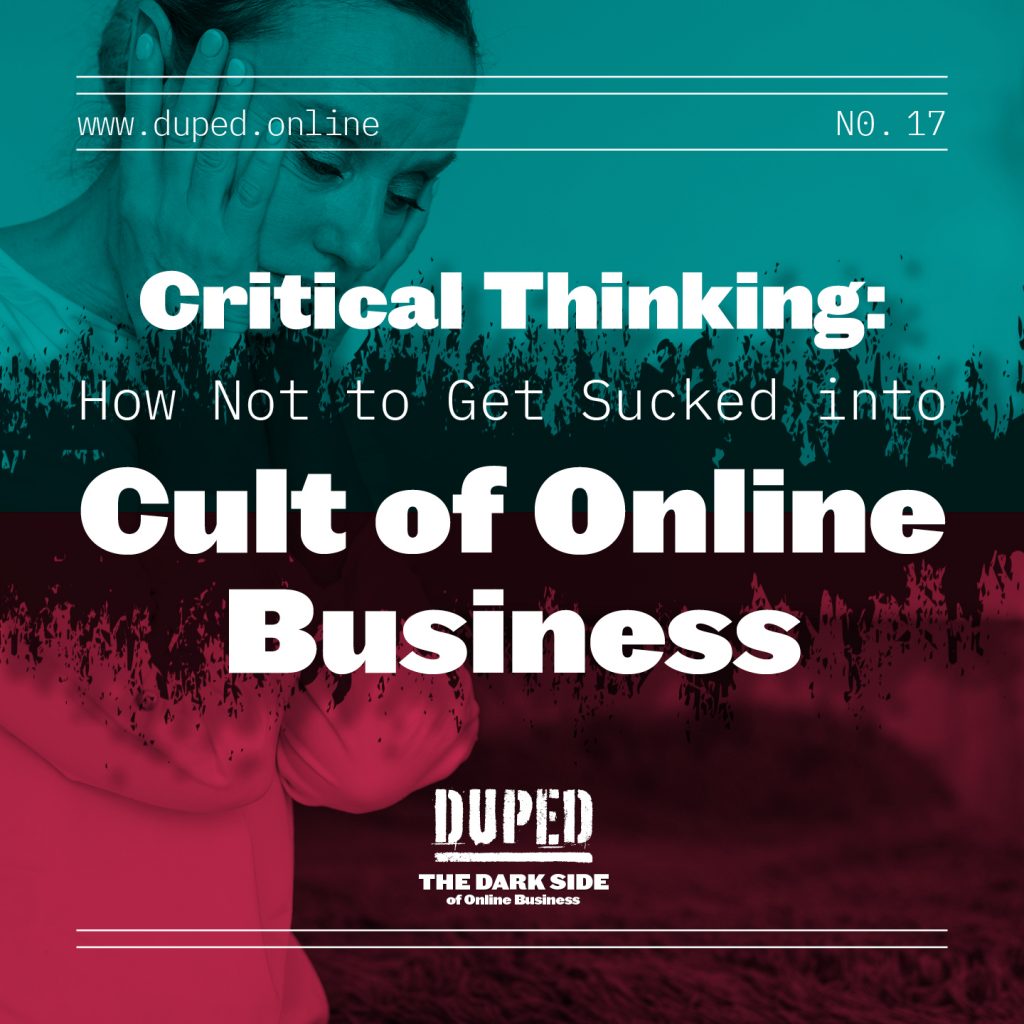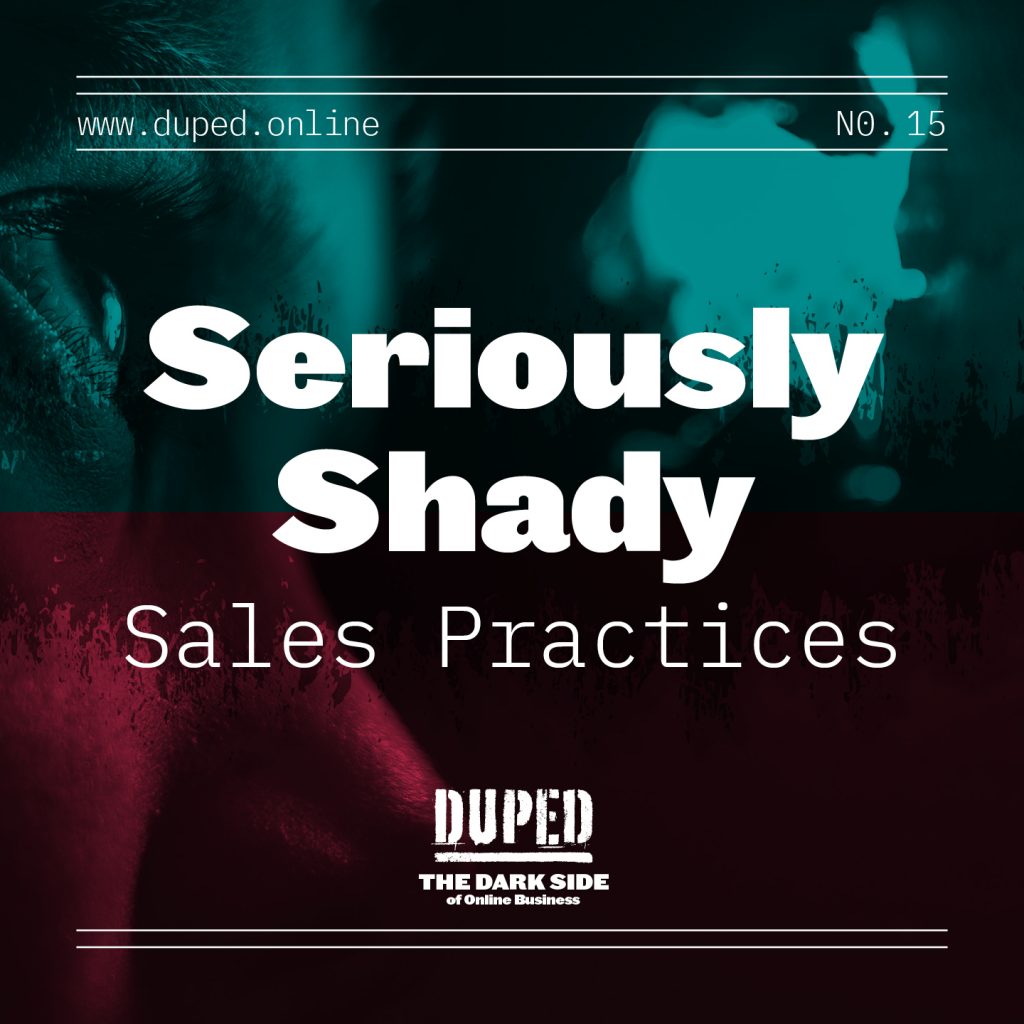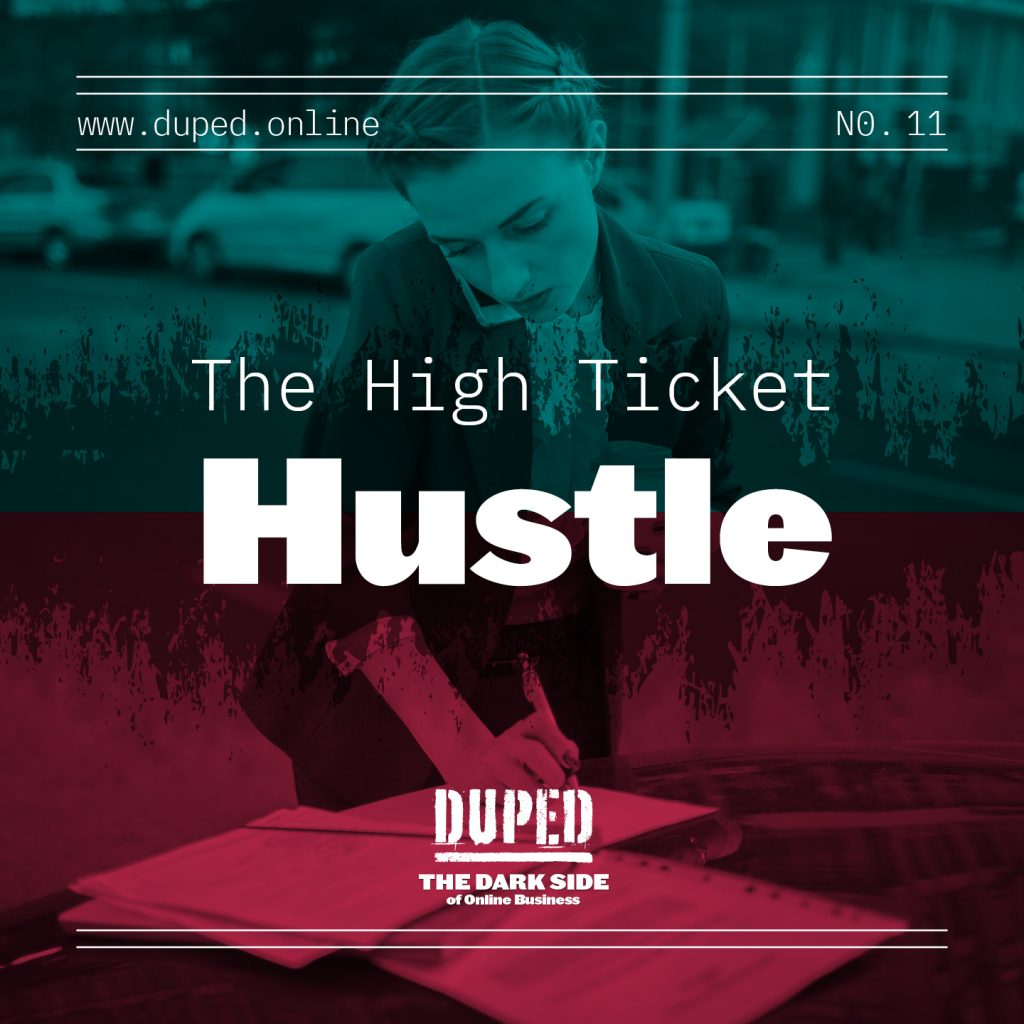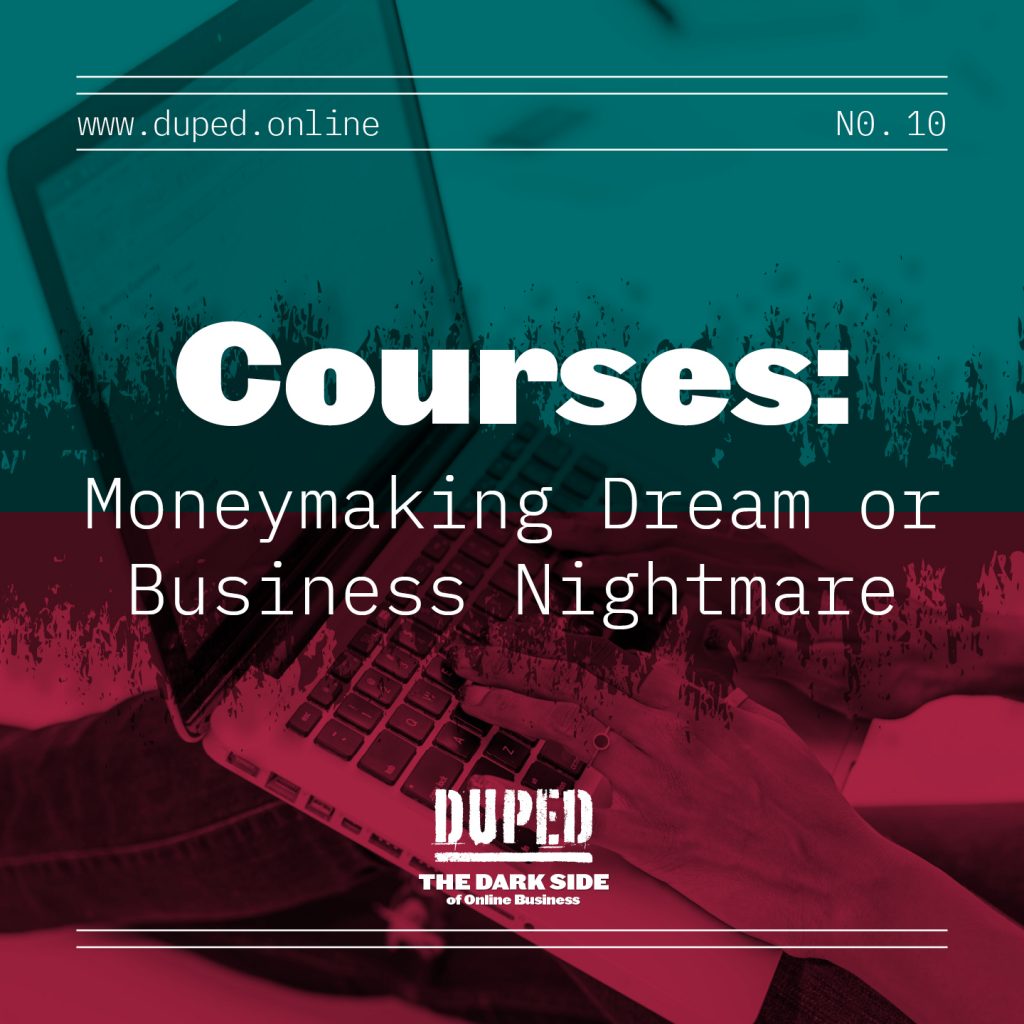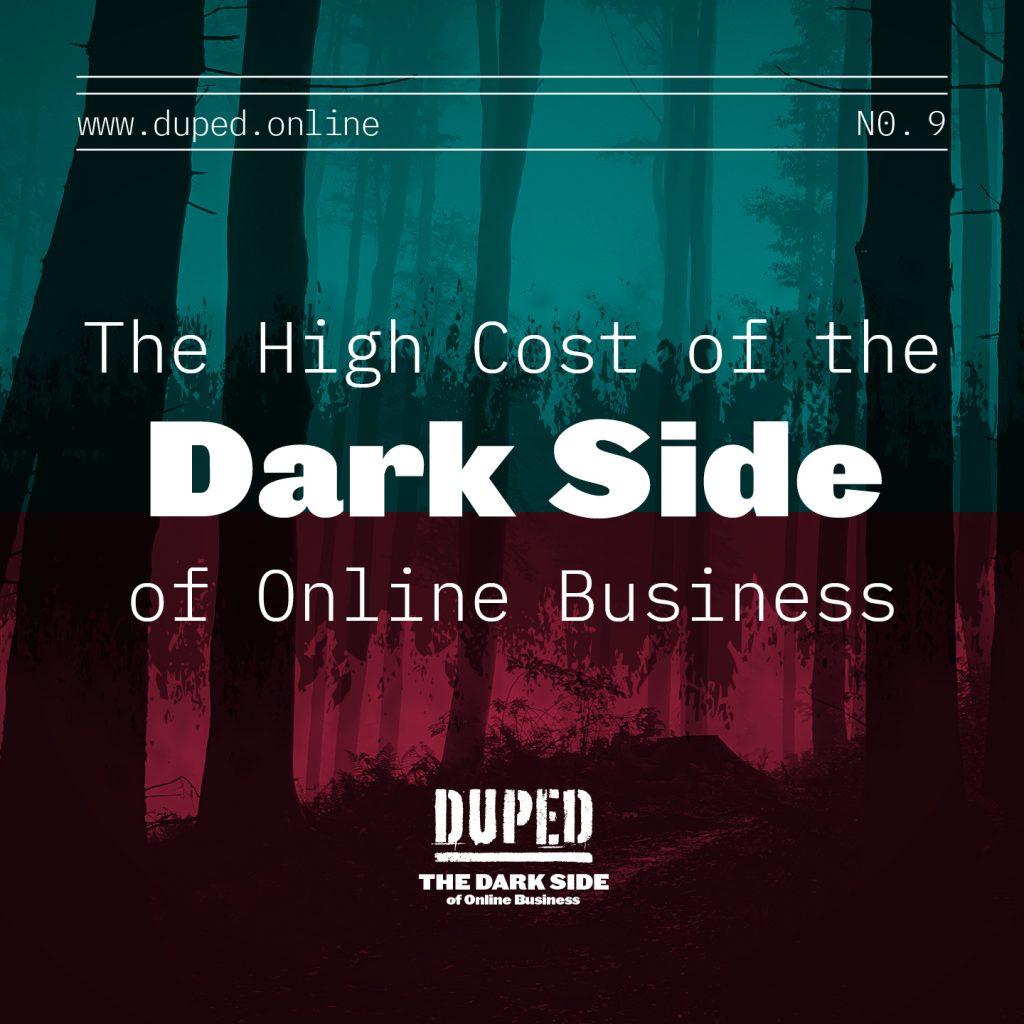
Exposing MRR: The Crumbling of a ‘Get Rich Quick’ Dream
Do you ever scroll through Instagram or Threads and see someone promising you can make $73,000 in 47 days by selling a course you didn’t even create and think…‘That can’t possibly be real’?
Welcome to the fantasy world of Master Resell Rights, where you too can become a digital marketing ‘expert’ by reselling someone else’s questionable product.
The MRR house of cards is falling apart, and today we’re peeling back the curtain to expose how it all went wrong—from faceless Instagram accounts selling the dream to fake income claims.
Trust me; this one’s got it all: doctored screenshots, shady coaches, and even Stripe shutting down accounts left and right.
So grab your popcorn because this isn’t just another ‘get rich quick’ scam story. This MLM energy you never asked for is now unravelling in real-time.

What are Master Resell Rights?
So, let’s start with explaining what Master Resell Rights (MRR) actually is.
The basic idea behind MRR is simple: you buy a course, gain the rights to resell it as your own, and then—you guessed it—you sell it to others who can do the same. It’s a lot like Private Label Rights (PLR) that you see in content creation, but here, it’s specifically for digital courses, templates, and other digital products.
If you’re thinking, ‘Wow, this sounds suspiciously easy,’ you’re not wrong. The whole appeal of MRR is that it was sold as this low-effort, high-reward business model where you could make big money without actually creating anything. You didn’t need to be an expert—you just had to buy the product and start selling.
That’s what really hooked people. You didn’t need to develop expertise or put in years of work building a business. You just had to resell the dream someone else packaged for you.
It’s easy to see why people would be tempted by it. Who wouldn’t want to make money by selling something you didn’t have to create yourself?
The Rise: Why Did MRR Gain Popularity?
Let’s talk about how MRR really took off. One of the biggest trends that helped it spread like wildfire was the rise of faceless Instagram accounts over the last year.
You’ve probably seen these accounts—they don’t show any personal photos or videos but instead use stock B-roll footage with motivational captions or income claims.
Faceless accounts were appealing because they promised big earnings without ever having to show your face online. They tapped into the fears and insecurities of people who didn’t want to put themselves out there but still wanted to make money.
Let’s not forget the marketing strategies. Doctored screenshots, fake income claims, and fake follower counts were rampant.
They created this illusion of success with big hooks like ‘$73,000 in 47 days!’ The aesthetic was all about luxury and success—B-roll footage of fancy cars, exotic vacations, you name it.
But here’s the thing: none of it was real. The promises were completely fabricated, designed to reel people in. And because it looked easy, people jumped on board without asking too many questions.
The Fall: How It All Came Crashing Down
Here’s where it all starts falling apart. Like most schemes, MRR hit a saturation point. So many people jumped on the bandwagon that it became impossible for new sellers to succeed.
The pool of buyers was drying up fast, just like you see with an MLM. With MLMs, there’s something that Jon M. Taylor calls the endless chain which shows how the math, doesn’t math. By the 32nd person in the pyramid, you’ve reached more than the population on earth.
We started seeing people on Threads asking why they couldn’t make sales and asking for help. By doing that, they revealed they weren’t making the money they’d been bragging about.
Doctored screenshots and fake testimonials couldn’t hide that the money wasn’t there for most people. Just like in MLM, the early movers at the top of the pyramid made money, but everyone else was screwed over.
With this, a whole lot of other things started happening. People went from selling MRR courses to rebranding themselves as ‘coaches’ and ‘mentors’.
When people posted that they needed help, they were met with an onslaught of mentors trying to help, or worse yet, people telling them to keep going.
And that’s just the start of the drama! There were allegations of one MRR seller having plagiarized someone else’s course in the last couple of months.
Why MRR is Worth Watching
There are a lot of layers to this, so we wanted to do this episode as MRR has been inescapable. Watching all of this on the sidelines, MRR is a fascinating microcosm of what we see in the online business market.
MRR brings big MLM and scam energy. The only way sellers make money is by getting others to buy into the same broken system.
Which means there are some more significant concerns on an ethical level:
- Sellers aren’t experts in digital marketing despite the claims.
- Much of this is operating in a legally grey area.
- Targets people who are falling prey to a get-rich-quick scheme.
- The sellers are victims, too.
It will be interesting to see where MRR goes from here. We’re likely to see MRR people move into the more traditional online business market, creating courses and offering coaching.
The takeaway from this episode is simple: don’t fall for the hype. Be skeptical of any scheme that promises easy money with little effort. If it sounds too good to be true, it probably is.
Listen to episode 48 to learn more about what get-rich-quick schemes look like and what to look for.
A few of the more popular MRR programs shifted the model from “reselling” to more of an affiliate model, where you get a cut of what I sell. There was also a lot of chatter about how terms and conditions were being changed to protect the people at the top of the food chain.
Finally, there’s some major drama around Stripe. Over the summer, there are many reports of Stripe shutting down accounts for making income claims that violate the FTC’s deceptive earnings rules.
Links for this episode:
Join the

Patreon

for only $7/month and get a
monthly bonus episode,
behind-the-scenes content
and more.
